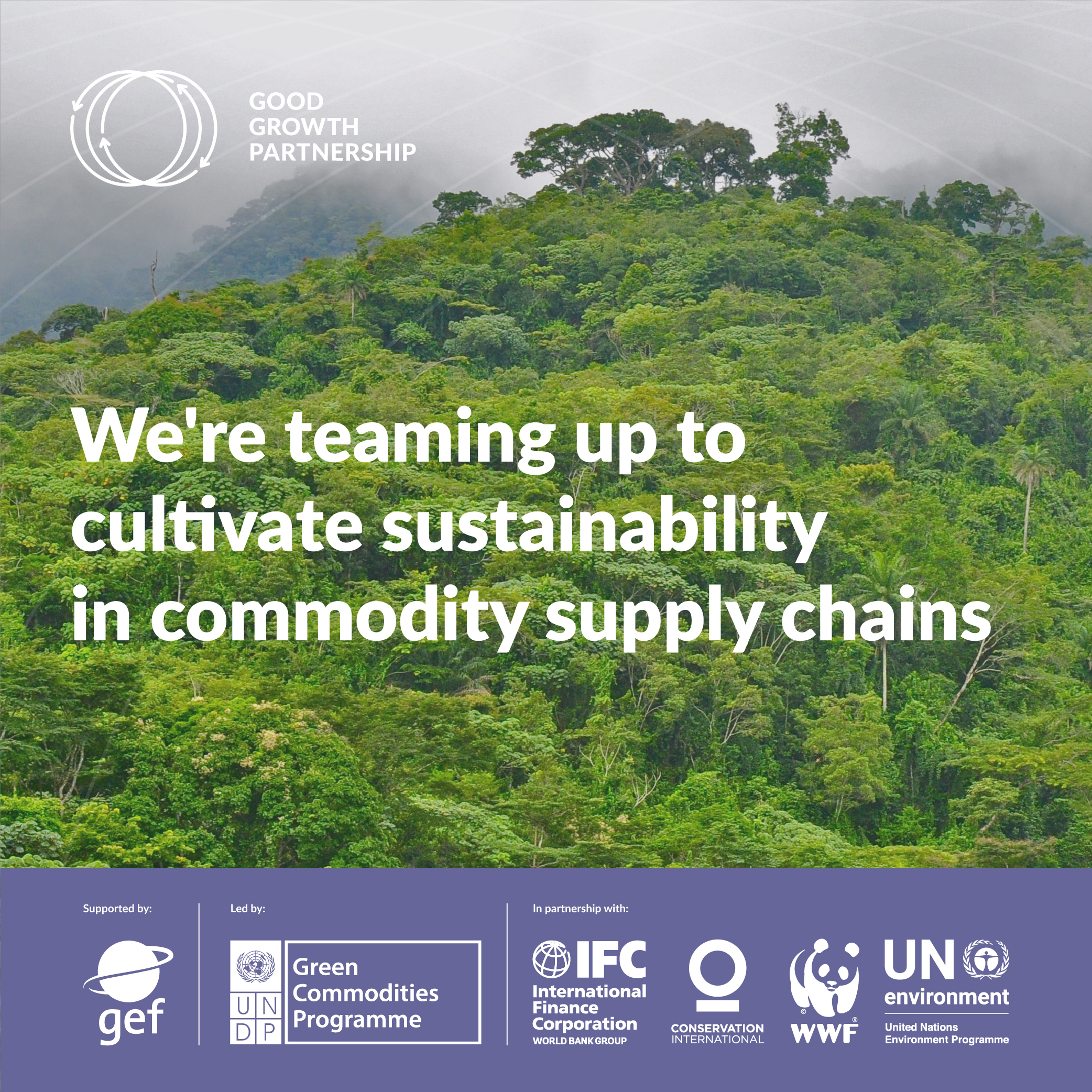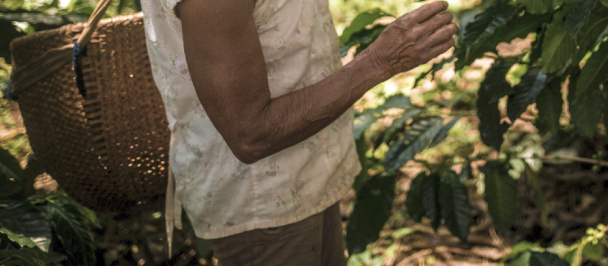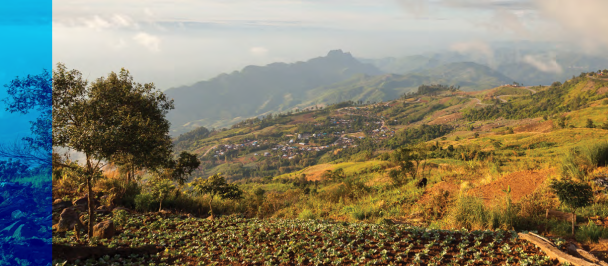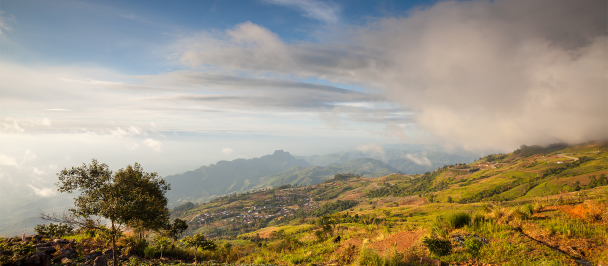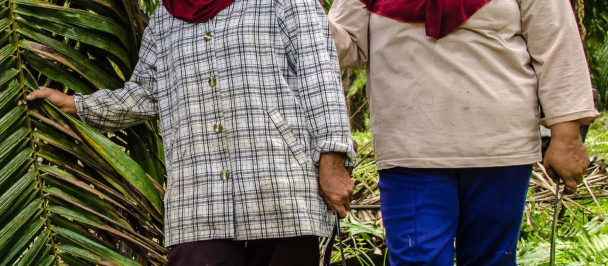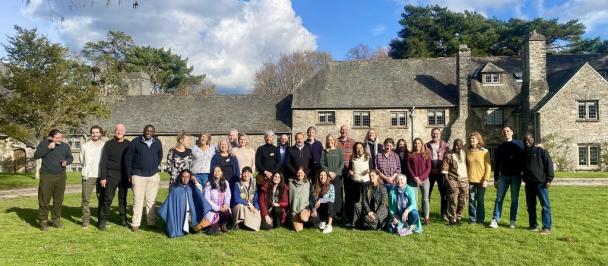With the production of soy, beef and palm oil now representing a significant driver of tropical deforestation, some of the world’s largest conservation, development and finance organizations as well as producer countries are set to launch an innovative partnership in New York next week.
With lead financing coming from the Global Environment Facility (GEF) and the UNDP’s Green Commodities Programme leading implementation, the much-anticipated Good Growth Partnership will be carried out in collaboration with Conservation International, the International Finance Corporation, UN Environment, the World Wildlife Fund and the governments of Indonesia, Paraguay, Brazil and Liberia.
On 6 September, UNDP Administrator Achim Steiner will join the Global GEF Chief Executive Officer Naoko Ishii to launch the Partnership. Also attending will be Government partners, including the Liberian Minister of Agriculture, the Paraguayan Minister for the Environment, Indonesia’s Director General of Forestry, also the Deputy Minister for Food and Agriculture at the Coordinating Ministry of Economic Affairs, and Brazil’s Deputy Secretary of Biodiversity. High-level representatives from across the United Nations, private sector and civil society including Citi, McDonalds, Mondelez International and the Indonesian Palm Oil Producers Association are also anticipated to attend.
With the demand for soy, beef and palm oil expected to double by 2030, this Partnership builds on the existing efforts and networks of participating organizations and will work across national production, financing and demand. The focus is on convening a wide range of stakeholders and initiatives to create lasting change throughout these key global commodity supply chains. Over the next four years, the Partnership will focus on addressing:
- Policies to make suitable land available for production.
- Enhancing producers’ capacity to adopt good agricultural practices.
- Boosting investment and economic incentives for sustainable production.
- Increasing market awareness and demand for reduced deforestation.
At the national level, the Partnership’s work will focus on the key productive landscapes of Brazil’s Matopiba area in the country’s expansive Cerrado Eco-region; the bio-diverse Indonesian provinces of Riau, North Sumatra and West Kalimantan; the new palm oil frontier regions in Western Liberia; and the semi-arid Chaco region in Paraguay.
Meanwhile, continued learning will be supported through a growing community of practice, coordinated by the UNDP’s Green Commodities Programme.
Today, the commercial production of soy, beef and palm oil are dominant economic forces in many national and developing rural economies. Managed sustainably, they have the potential to become engines for rural development, addressing many of the global sustainable development goals for ending poverty and protecting the planet. Transforming these three key commodity supply chains also has the potential to significantly reduce tropical deforestation and stem climate change.

 Locations
Locations